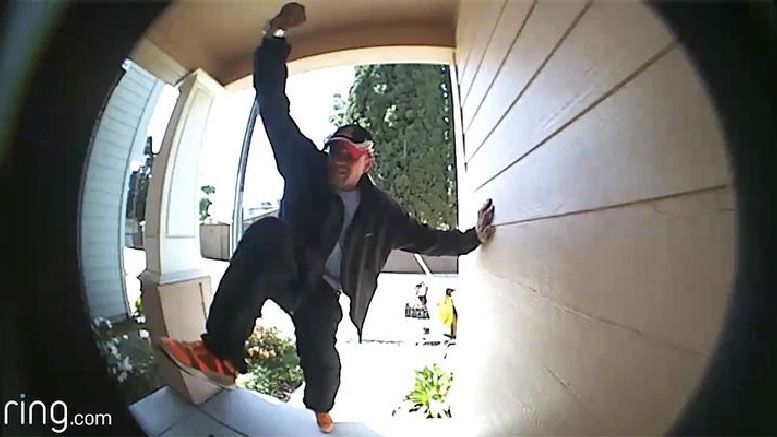The Los Angeles Police Department has warned residents to be wary of thieves using technology to break into homes undetected. High-tech burglars have apparently knocked out their victims’ wireless cameras and alarms in the Los Angeles Wilshire-area neighborhoods before getting away with swag bags full of valuables. An LAPD social media post highlights the Wi-Fi jammer-supported burglaries and provides a helpful checklist of precautions residents can take.
Criminals can easily find the hardware for Wi-Fi jamming online. It can also be cheap, with prices starting from $40. However, jammers are illegal to use in the U.S.
We have previously reported on Wi-Fi jammer-assisted burglaries in Edina, Minnesota. Criminals deployed Wi-Fi jammer(s) to ensure homeowners weren’t alerted of intrusions and that incriminating video evidence wasn’t available to investigators.



As a side business I consult and install security systems in small businesses and homes.
Literally none of them want the cable option, no matter how hard I push it.
The cost of running the cable and the time needed always is the dealbreaker.
Doesn’t matter if its insecure, they just want it to work now and be cheap.
It’s bizarre.
In my last apartment, I literally had to fight to get a DHCP/ethernet + EDGE (yes, really) connection installed.
They kept asking me why I want two 😅
wdym DHCP?
And what’s an “EDGE” supposed to be? I only know that term as the old mobile standard. I believe it was 1G or 2G?
DHCP as in it’s an ethernet connection to a residential router that provides the device with connectivity details.
Normally this isn’t considered as secure as a bad actor can cut the power or connecting cables (e.g. If you’re using dsl) to kick your system offline.
And, yeah, my old security system absolutely had an old 2G/EDGE modem to connect and send basic signals (as a fallback, in case of the above power cutting scenario). Was great.